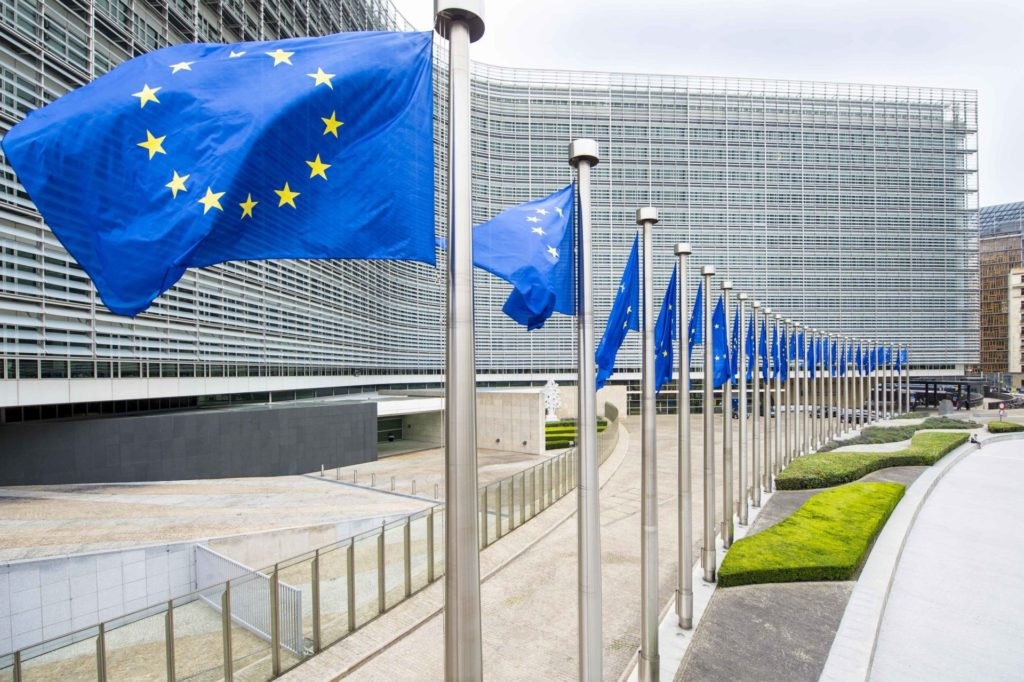Belgium left almost half (49%) of its subsidies allocated by the European Union between 2013 and 2020 unused, the equivalent of around €1.375 billion.
By the end of 2020, Belgium had used just 51% of the agricultural, social and fishery subsidies allocated by the EU in the previous seven years, according to the European Court of Auditors (ECA)'s annual report published on Tuesday.
"It would be worthwhile for Belgium to investigate, to see why there is still so much money available that is not used," said Annemie Turtelboom, Belgian ECA member, told Belga news agency.
"It is good to have money, but it is even better to spend it intelligently and quickly," she added.
With this result, Belgium comes in below the EU average of 55% of a Member States' EU budget being absorbed, while it is down from the budget that was absorbed at the end of the previous multiannual budget in 2013 when it had used 69% of the EU funds.
Last year, Belgium absorbed just 11% of the subsidies, putting it in among the lowest in the EU, with only Cyprus performing worse, having absorbed 9% of its financial support.
However, the money allocated in EU support programmes can still be taken up for three years after the closure of the programming period, the ECA stressed.
'Major shift' in EU finances
For the coming budget period until 2027, Belgium is entitled to €3.34 billion in subsidies for farmers, fishermen, social and regional aid and almost €6 billion from the European Recovery Fund.
As larger, post-Covid recovery funds have been earmarked for the 2021-2027 multiannual financial framework, and with the NextGenerationEU instrument, of which financial allocations will almost double to €1,824 billion, the ECA has put out a warning to the Member States.
"Over the next seven years, the EU will spend significantly more than in the previous programme period. This decision marks a major shift in EU finances. It entails an obvious need for effective checks on how EU money is spent, and on whether the intended results are achieved," ECA President, Klaus-Heiner Lehne, said.
Errors and irregularities
Overall, the ECA found that there were too many errors and irregularities in EU spending in 2020, as the margin of error - expenditure that should not have been financed from EU budget - in 2020 was 2.7%, remaining high in all areas, which the ECA said is due to "widespread problems."
In 2020, the EU spent €173.3 billion, or 1.1% of the combined gross national income of its member states and the UK. The auditors found that more than half (59%) of the audited expenditure audited was "considered high risk," up from 53% the previous year.
The high-risk expenditure, the most frequent errors were ineligible expenditure under EU rules, ineligible costs such as personnel costs, non-compliance with public procurement rules, among others.
Meanwhile, the ECA submitted six possible cases of fraud involving European funds to OLAF, the EU’s anti-fraud office, which opened investigations into each case, and will "cooperate as necessary with Member State authorities."

